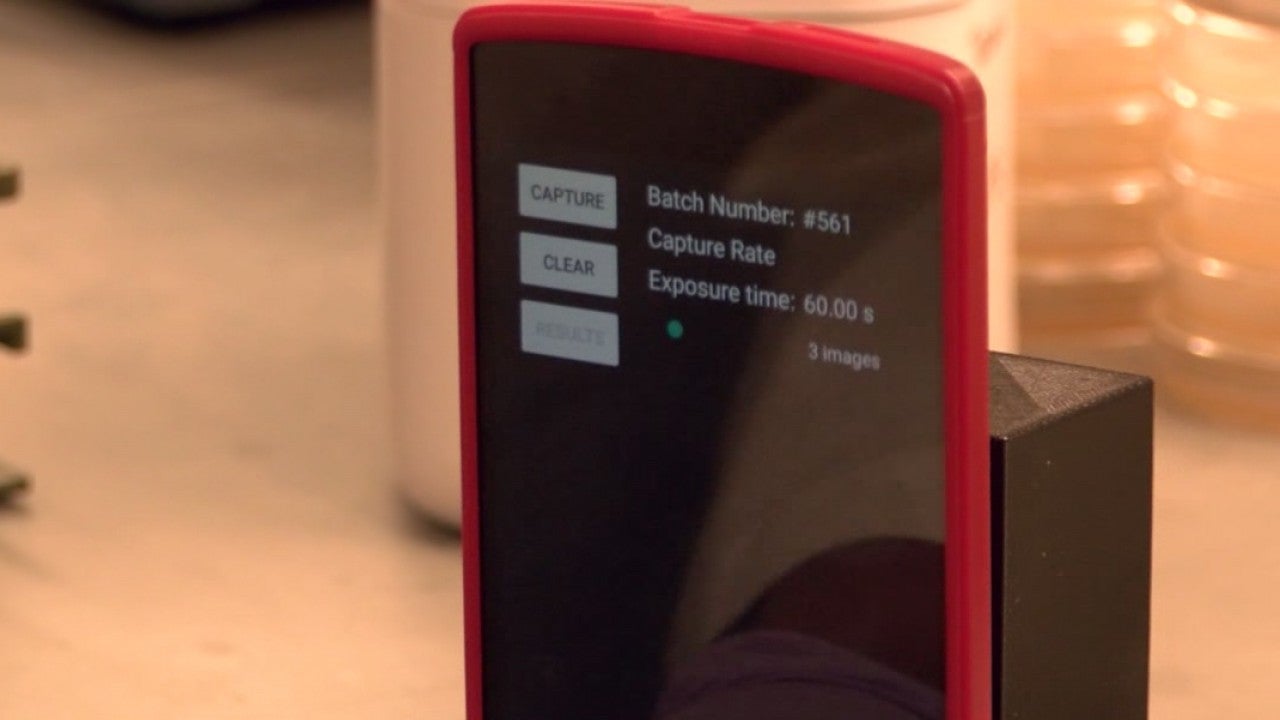Purdue researchers develop E. coli detector
WEST LAFAYETTE, Ind. (WLFI) – A new way to detect a strain of E. coli bateria could one day prevent some foodborne illness from hitting store shelves.
Purdue University researchers Euiwon Bae and Bruce Applegate have created a prototype of a detector to help prevent farmers from unknowingly spreading E. coli.
U.S. officials have been following an outbreak involving contaminated Romaine lettuce in recent weeks. The specific strain of E.coli, O157:H7, has been getting people sick. With the detector, inspectors and farmers could see what’s inside produce.
The new technology called BAQS can detect the specific strain of E. coli by using light detection. Lettuce or other produce is rinsed with a liquid containing modified phage, a virus for bacteria. Once the bacteria is detected, lights will appear on the screen notifying the device’s user that the produce is unsafe to consume.
One creator, Bae, said this device will give inspectors instant results.
“You can just swab any sample you want to detect whether they have E. coli O157H7 or not,” Bae said. “Just put it in the system, turn on your app — we also developed an app — they will tell you whether it is a ‘yes’ or a ‘no.’”
Ariel Endresen, Tippecanoe County Health Department chief of foods, said even checking local gas stations for lettuce contamination can be challenging. This new solution would help inspectors before the food comes into contact with buyers.
“We have to constantly come up with barriers because they’re not going to wash their produce when someone picks it up,” Endresen said. “So that would save time for us as well because you’re going to protect that.”
The Center for Food Safety Engineering and the Agricultural Research Service funded the research for the device. Researchers patented the device, but it is not for sale yet. Currently, it can only detect the specific strain of E. coli, but researchers hope to develop a product that can detect more.
Indiana has recorded no illnesses from the E. coli strain found in Romaine lettuce, but 172 people have been infected with O157:H7 from 32 states, according to the U.S. Centers for Disease Control and Prevention.
